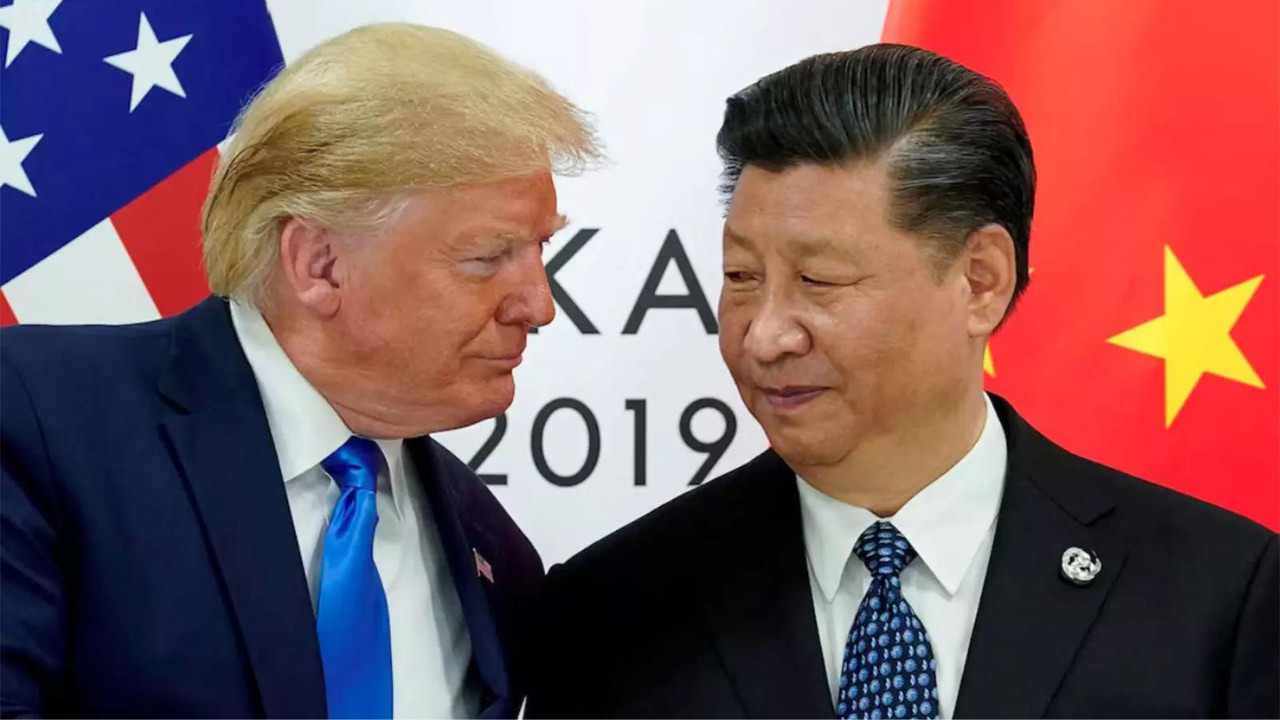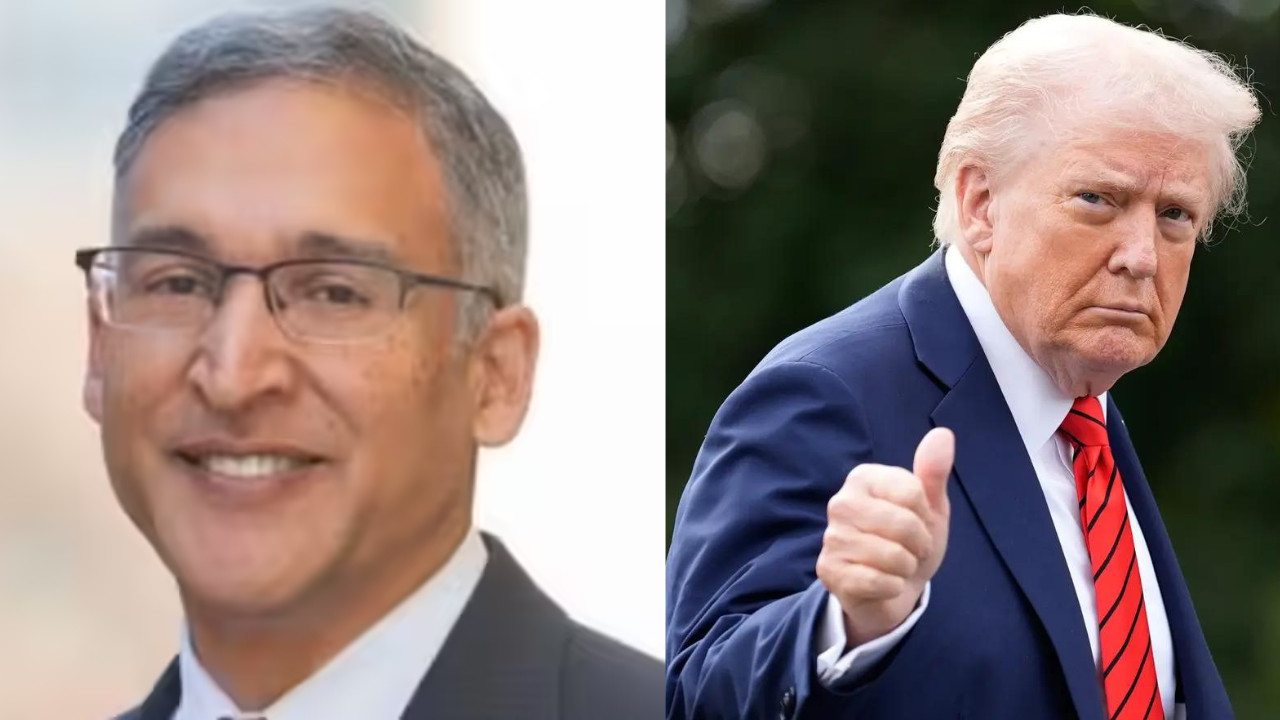Navigating the US-China Trade Tightrope: Will We See a Breakthrough?
The air crackles with anticipation. The world stage is set. And two titans, President Biden and President Xi Jinping, are preparing to meet, with the thorny issue of US-China trade relations front and center. Forget the polite diplomatic niceties for a moment; this is high-stakes poker, where billions of dollars and the future of global commerce are on the table.
The US, under both the Trump and Biden administrations, has maintained a firm stance on trade imbalances, intellectual property theft, and unfair trade practices. Think of it as a homeowner finally deciding to fix that leaky roof – the problem has been there for years, and now it’s time to address it head-on. The question is, what’s the best way to make the repairs without damaging the foundation?
One thing’s for sure: the relationship is complicated. It’s not a simple case of black and white, but a complex tapestry woven with threads of economic interdependence, geopolitical rivalry, and deeply ingrained historical perspectives.
The Elephant in the Room: Tariffs and the US-China Trade Relationship
Former President Trump’s imposition of tariffs on hundreds of billions of dollars’ worth of Chinese goods sent shockwaves through the global economy. While the goal was to level the playing field and bring manufacturing back to American shores, the reality has been more nuanced. American consumers have felt the pinch of higher prices, and businesses have struggled with supply chain disruptions. These tariffs, effectively a tax on imports, have become a significant point of contention. Are they a necessary tool for leverage, or a self-inflicted wound?
It’s a bit like trying to untangle a knot. Sometimes, a firm tug is needed, but too much force can make the knot even tighter. Finding the right balance between pressure and diplomacy is crucial. The Biden administration has inherited this complex situation, and now faces the challenge of charting a course that protects American interests while avoiding a full-blown trade war.

A “Fantastic Deal” or Just More Friction?
The phrase “fantastic deal” carries a lot of weight. It conjures images of win-win scenarios, where both sides walk away feeling like they’ve gained something significant. But is a truly fantastic deal achievable in the current climate? The US is pushing for concrete changes in China’s trade practices, while China is unlikely to concede ground easily, viewing some US demands as infringing on its sovereignty.
The key could lie in finding areas of mutual benefit. Cooperation on issues like climate change, global health, or even technology standards could create a foundation for a more constructive dialogue on trade. Think of it as building bridges instead of walls. Sometimes, focusing on shared goals can pave the way for resolving more difficult disagreements.
Beyond Tariffs: The Broader Implications
The impact of US-China trade relations extends far beyond the two nations involved. It affects global supply chains, investment flows, and the overall stability of the international economic system. A trade war between the world’s two largest economies could have devastating consequences for countries around the world, leading to slower growth, increased uncertainty, and heightened geopolitical tensions.
This isn’t just about dollars and cents; it’s about shaping the future of the global order. The way the US and China manage their trade relationship will have a profound impact on the world for years to come.
For example, these tensions might also impact emerging markets, which often rely on trade with both countries. To better understand how global events might influence your investment strategy, consider reading about [diversifying your portfolio](internal-link-to-diversification-article).
What’s Next in the US-China Trade Conversation?
The upcoming meeting between Biden and Xi is a critical opportunity to de-escalate tensions and find a path forward. Whether it leads to a breakthrough remains uncertain. But one thing is clear: the world will be watching closely, hoping for a resolution that promotes stability, prosperity, and a more equitable global trading system. The stakes are high, and the need for careful diplomacy and strategic thinking has never been greater. The focus on finding common ground, while holding firm on core principles, will determine whether this complex relationship can move towards a more collaborative future.







